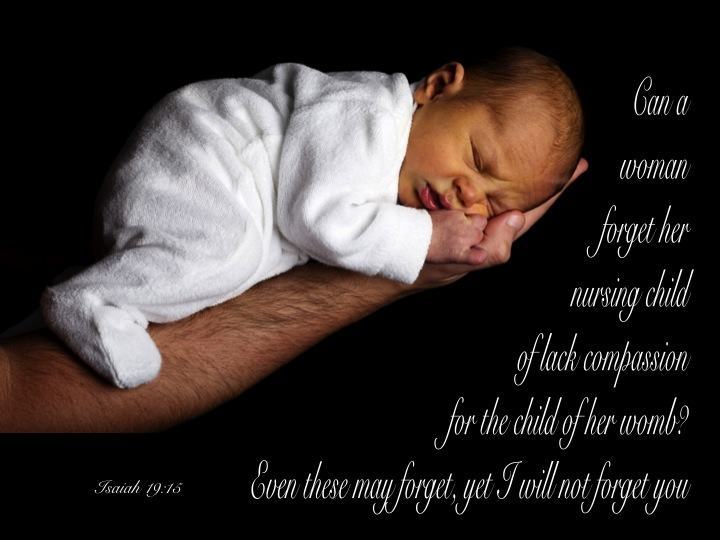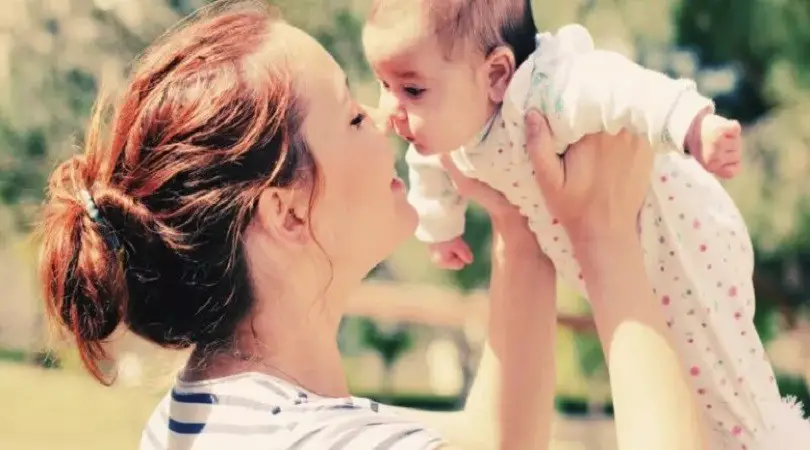Last Updated on January 6, 2025
Yes, a child can forget their mother. If the child is young, they may forget their mother if she is not around often. If the child is older, they may forget their mother if she dies or if they do not see her for a long period of time.
No, a child cannot forget their mother. A mother’s love is hardwired into a child’s brain and it is impossible to forget. Even if a child is raised by someone else, they will always have a bond with their biological mother.
This bond is what drives a child to seek out their mother when they are in need of comfort or support.
How can a parent forget a child in the car? A psychologist explains
How Long Does It Take for a Kid to Forget Someone?
There is no one answer to this question as it depends on a number of factors. The age of the child, the nature of the relationship with the person they are forgetting, and how significant that person was in their life all play a role in how long it takes for a kid to forget someone.
Generally speaking, younger children will have an easier time forgetting someone than older children.
This is because younger children are less likely to have developed strong attachments and memories of the person they are forgetting. For older children who have had longer and stronger relationships with the person they are forgetting, it can take much longer to forget them completely.
There are some cases where a child may never completely forget someone.
If the person was very important in their life or if they experienced trauma related to that person, they may always carry some memories and scars from that experience. However, even in these cases, time can help heal wounds and eventually allow a child to move on from someone they once loved or admired.
At What Age Do Kids Miss Their Parents?
There’s no definitive answer to this question since every child is different. Some kids may start missing their parents at a very young age while others may not feel this way until they’re older. It really depends on the individual child and their unique personality.
However, it’s generally accepted that children begin to understand the concept of separation around 18 months old. This is when they start to become more aware of their surroundings and realize that people can come and go from their lives. It’s also around this time when kids begin forming attachments to their caregivers, so if they’re suddenly separated from them, it can be quite upsetting.
If your child does seem to be missing you when you’re away, try comforting them with words or video calls so they know you’re still thinking of them even when you’re not physically present.
Will My 4 Year Old Remember Me?
It is common for young children to have fears of abandonment and separation, which may manifest in clinginess and anxiety when parents leave them with someone else. Some parents worry that their child will forget them if they are gone for too long, but this is usually not the case. Unless a child has some form of memory impairment, they will likely remember their parents even if they are apart for several years.
During the early years, children’s brains are growing and developing at a rapid pace. The connections between neurons are forming and strengthening, which helps lay the foundation for future learning and memory. At 4 years old, your child’s brain is still growing and maturing, but they have already developed some basic memory skills.
For example, they can probably remember short sequences of events (like getting ready for bed) and simple information (like their address or phone number). They can also recall memories from earlier in their life, although these may be hazy and fragmented.
As your child gets older, their memories will become more vivid and detailed.
They will be able to remember things that happened further back in time, and they will be able to recall more complex information. But even at 4 years old, your child has the ability to create long-lasting memories that they will carry with them into adulthood.
Can a Baby Forget a Person?
It’s natural for new parents to worry that their baby will forget them if they’re not around. But don’t worry – babies can’t forget their parents, even if they don’t see them for a long time.
Babies form attachments to the people who care for them from a very early age.
This attachment is important for their development and survival. Babies who form strong attachments with their caregivers are more likely to thrive emotionally and physically.
Even if you’re away from your baby for a long period of time, he or she will still remember you and will be excited to see you again when you return.
So don’t hesitate to go on that business trip or take that vacation – your baby will be just fine without you!

Credit: bible.knowing-jesus.com
What to Do When Child Misses Mom
No matter how old your child is, it’s never easy to see them upset. When your child misses you, it can be tempting to try to make up for lost time by spoiling them or giving in to their every whim. However, this isn’t always the best approach.
Here are some tips on what to do when your child misses you:
– Acknowledge their feelings: It’s important to let your child know that it’s okay to feel sad or upset when they miss you. Let them know that you understand and that you miss them too.
– Stay in touch: If possible, stay in touch with your child while you’re away from each other. Whether it’s through text, video chat, or just a phone call, hearing your voice will help ease their homesickness.
– Send thoughtful gifts: Sometimes a physical reminder of your love can go a long way.
If you’re going to be away for a while, send your child a care package with their favorite things or something that reminds them of home.
– Make plans for when you’ll see each other again: Knowing that there’s an end date to the separation can help both you and your child cope with the missing each other. Make sure to schedule regular visits or FaceTime calls so that they have something to look forward to.
Conclusion
No, a child cannot forget their mother. A mother’s love is hardwired into a child’s brain and helps to shape their identity. Even if a child is raised by someone else, they will still have a deep connection to their biological mother.








